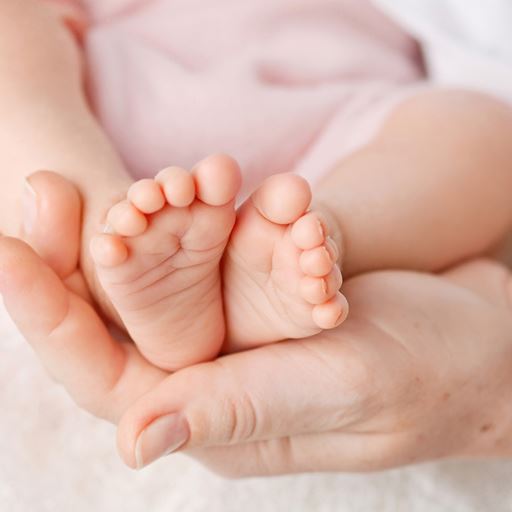Insight: Getting under the skin with biomarkers
Our researchers are linking genomics expertise with social and economic data to get a complete picture of us as individuals as never before.
-
Tagged under
Health and wellbeing
Economy, business, politics and society
Technology, data and innovation
-
Lead Academics
Professor Meena Kumari
Professor Leonard Schalkwyk

We know the world around us can affect our health. Where we live, how we grow up, how stressful our lives are – lots of factors can have an impact. However, it’s less obvious how these external factors can change our biology to affect our health.
Conversely, genes that are inherited from our parents can influence our health and lives, and in turn the environments in which we live can alter the way in which our genes operate. To understand the two-way relationship between our circumstances and our health, we need to understand the biological pathways that link them.
Essex researchers are analysing socio-economic characteristics, behaviours and biomarkers to answer fundamental questions about nurture and nature and to understand how different factors influence life chances.
Breakthrough scientific research
We lead the world-renowned UK-based longitudinal survey Understanding Society and included a nurse interview with all adults in the study to measure objective indicators of our biological processes, known as biomarkers. The indicators included everything from height and blood pressure to genomics.
The biomarkers we measure can tell about people having an illness or being at high risk of one before they experience any symptoms. For example, HbA1c tells us how people process sugars and can help us diagnose the risk of diabetes.
Understanding biological pathways to improve health
By gathering the data, we can better understand the causes of health problems. This means we design policies to address them.
Because the biomarkers are measured as part of the larger Understanding Society project, we get a complete picture of the individual. Based within our Institute of Social and Economic Research (ISER), Understanding Society follows the lives of people in 40,000 households, providing researchers with valuable evidence on people’s social and economic circumstances, attitudes, behaviours and health.
In 2009 and 2010 the survey collected blood samples from participants, and now has more than 14,000 samples measuring epigenetic markers in over 1,100 samples, making social-epigenetic research possible.
We can see how social and environments can influence health, and how our genes work can influence the extent to which we’re affected by those environments.
![Professor Meena Kumari]() “Biomarkers can tell us about people having an illness or being at high risk of one before they experience any symptoms. They also help us understand how people’s social circumstances change their biology in ways that affect their health.”
“Biomarkers can tell us about people having an illness or being at high risk of one before they experience any symptoms. They also help us understand how people’s social circumstances change their biology in ways that affect their health.”
Professor Meena Kumari, who leads health and biomarker research in Understanding Society, focuses her research on the biological pathways that mediate social differences in health and ageing and she examines these pathways using the biomarker and genetic data.
“We know that disadvantaged groups have poorer health but we don’t know why,” she said. “My research has concentrated on this question and epigenetic measurements now represent a new possible avenue by which the environment ‘gets under the skin’. Traditionally these questions have been examined in medical studies but these tend not to measure the social environment very well.”
Using genomics to answer big questions
This two-way understanding of genes and environment can help us identify people at risk of different hazards. Our findings are paving the way for new genomics work in social science and could help governments make wide improvements to people’s health around the world.
Taking our work further
Professor Leo Schalkwyk, from the School of Life Sciences, is leading the development of collaborations across the University focused on biosocial research. With Professor Kumari he has produced a series of important research papers, which have laid the foundations for combining two very distinct disciplines and are revealing the impact on the human genome of many aspects of modern life. They are also supporting research training through the Social Biological Centre for Doctoral Training (Soc-B), a partnership led by UCL.
Professor Schalkwyk's work also includes attracting new funding and making worldwide links to develop a community of researcher academics in this new field. At the same time he has grown our Genomics and Computational Biology research group at Essex.
The vision of Professor Kumari and Professor Schalkwyk is showing what this new research area can deliver. Professor Schalkwyk's work within the School of Life Sciences and the wider university led to him receiving the Outstanding Interdisciplinary Research Award at our Celebrating Excellence in Research and Impact Awards 2020.
![Head and shoulders photo of Professor Leo Schalkwyk from the School of Life Sciences.]() “We’re breaking new ground in bioinformatics, developing tools to analyse large genomic datasets and integrating genomic and phenotypic data.”
“We’re breaking new ground in bioinformatics, developing tools to analyse large genomic datasets and integrating genomic and phenotypic data.”
)
)

